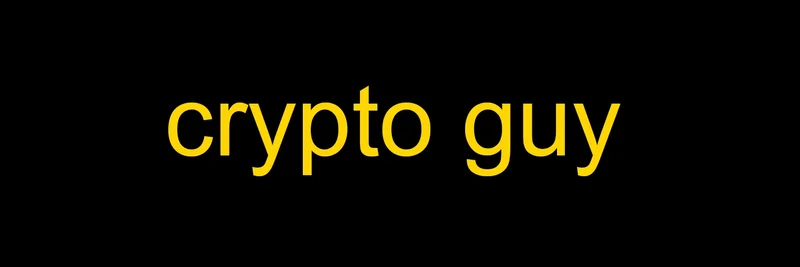Hey there, meme token enthusiasts and blockchain buffs! If you’ve been scrolling through X lately, you might have stumbled upon a thought-provoking tweet from Balaji (@balajis) posted on July 1, 2025, at 00:31 UTC. This post, complete with a striking black-and-white image of a soldier leaping over barbed wire, dives deep into a bold statement: "Communism was slavery. That’s what 100% taxation meant. And they didn’t want the slaves to escape. But there is always an exit." Let’s break it down and see what this means, especially through the lens of our Meme Insider community.
What’s the Image All About?
The photo shows a dramatic moment— a soldier mid-air, jumping over a tangled mess of barbed wire in what looks like a war-torn street. The "SECTEUR" sign hints at a divided area, possibly from the Cold War era, like East Berlin. This visual packs a punch, symbolizing the desperate struggle for freedom in oppressive systems. For those of us in the blockchain space, where decentralization and freedom are key, this resonates deeply.
Balaji’s Core Argument
Balaji’s tweet suggests that communism, with its extreme taxation (up to 100%), turned people into a form of economic slaves. The barbed wire? A literal and figurative barrier to keep people from leaving. He argues that the right to exit—leaving a country or system—is a fundamental human right, one that oppressive regimes like the Soviet Union, Nazi Germany, and others tried to suppress.
In his thread, he expands on this, referencing Article 13 of the Universal Declaration of Human Rights, which states everyone has the right to leave any country and return. He also brings up historical examples like the Reich Flight Tax and the Soviet Diploma Tax, showing how states penalized those who tried to escape.
Why This Matters Today
For blockchain practitioners, this idea of "exit" ties into the ethos of decentralized systems. Think of meme tokens and how they empower individuals to opt out of traditional financial systems. Balaji’s point about game theory and centrally planned economies (shoutout to von Neumann’s work) highlights how markets distribute knowledge better than top-down control—something we see mirrored in the crypto world.
The thread also sparks a debate. Some users agree, seeing parallels with modern political shifts, while others challenge Balaji’s views. This mix of opinions keeps the conversation alive, which is perfect for a community like ours that thrives on diverse perspectives.
Meme Token Connection
At Meme Insider, we love linking trends to our niche. The "exit liquidity vibes" comment in the thread is a fun nod to crypto culture, where exiting a position (or a system) is a strategic move. Could meme tokens be the modern "exit" from centralized finance? It’s a question worth exploring as we build our knowledge base.
Final Thoughts
Balaji’s tweet and thread are more than just a history lesson—they’re a call to think about freedom, choice, and the systems we live in. Whether you’re into meme tokens or just curious about blockchain’s roots, this discussion adds a layer of context. What do you think? Drop your thoughts in the comments, and let’s keep the conversation going!
Originally posted on meme-insider.com.




